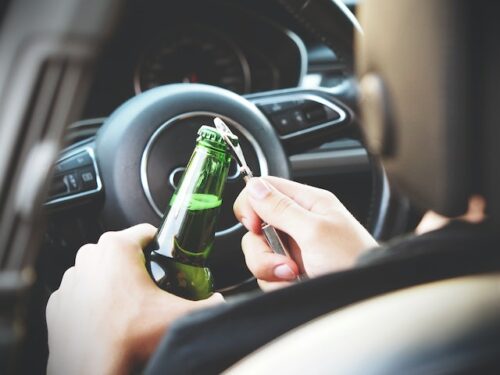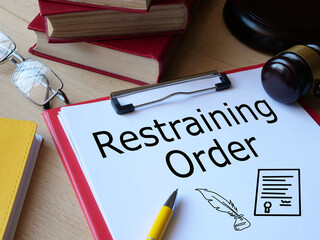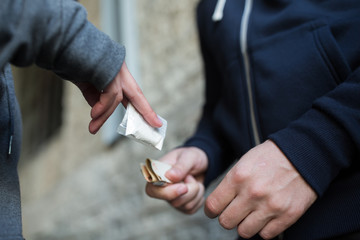
A person can be charged with a DUI if they are found operating a vehicle with a blood alcohol concentration of at least 0.08% or if a police officer determines they are driving under the influence of drugs and/or alcohol. In many states, drunk driving charges often come with pretty serious consequences. If you’ve recently been charged with a DUI, you may be wondering how your life could possibly be affected. Read on to find out if a DUI charge can be a felony in New Jersey and how a seasoned Mercer County DUI Lawyer can help you.
IS A DUI CONSIDERED A FELONY IN NEW JERSEY?
No, a DUI is technically not a felony in New Jersey. While many states classify some DUI charges as misdemeanors or even felonies, New Jersey considers all DUI charges to be serious traffic violations. This doesn’t mean that getting charged with a DUI comes with substantial penalties because the state still takes DUI charges seriously. Getting convicted of a DUI can alter your entire life. Since expungement is only available for criminal charges and not traffic violations, DUI convictions remain on a person’s record permanently in New Jersey.
DUI charges are traffic violations on their own but they can be escalated to a disorderly person’s offense (AKA a misdemeanor) depending on the circumstances of the offense. For example, if you are found drunk driving with a child in the vehicle you’ll likely face misdemeanor charges too.
WHAT PENALTIES CAN YOU FACE IF CHARGED WITH A DUI?
DUI penalties depend on your criminal history and the circumstances of the offense. The higher your blood alcohol concentration level is at the time of your arrest, the harsher penalties you are more likely to face. However, if this is your first offense and you don’t have a criminal history, then the judge might be open to lessening the punishments. First-time DUI offenders can still expect heavy fines, required courses in an Intoxicated Driver Resource Center, and the possibility of up to 30 days of jail time. If you agree to use an ignition interlock device (IID) for a certain amount of time, your license likely won’t be suspended.
After a second DUI offense, you could face up to 90 days of incarceration, a license suspension for up to two years, required community service, and larger fines. You could also still be required to use an IID once your driver privileges are reinstated. If this is your third DUI offense, then you are considered a repeat offender and are likely to face even more intense consequences. At least 180 days of jail time is mandatory, and you’ll likely lose your license for 10 years.
Are you facing DUI charges? Looking for a talented criminal defense lawyer to help you fight your charges? Look no further; the Law Office of Douglas Herring is on your side for quality legal counseling. Contact us today for a free consultation with an effective DUI defense attorney.

